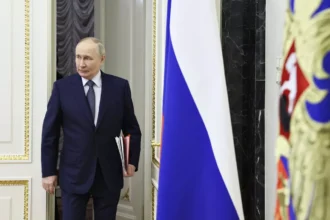The United States has voiced its strong opposition against the decision of the International Criminal Court to issue arrest warrants against some leaders of Israel, including its Prime Minister, Benjamin Netanyahu.
Let’s dive into the ICC’s arrest warrants for Israeli leaders and the U.S.’s swift condemnation. What does this mean for international law and U.S.-Israel relations?
The International Criminal Court issued arrest warrants for Israeli Prime Minister Benjamin Netanyahu and other officials, igniting international controversy, particularly the United States, Israel’s strongest ally.
Now, the ICC alleges that Israeli officials committed war crimes during recent conflicts with Palestinians. Netanyahu and his allies have, however, rejected the claims, labeling the ICC biased.
According to the White House Press Secretary Karine Jean-Pierre, the U.S. administration finds this decision by the Prosecutor of the ICC a hasty one that could have procedural errors and fundamentally rejects the Court’s decision.
Well, you heard it there! The U.S ‘fundamentally rejects ICC’s decision”.
So, what’s next?
The U.S. and Israel are likely to ramp up diplomatic efforts to counter the ICC’s actions. However the warrants have sparked a global debate about accountability and politics in international law.
Let us know your thoughts in the comments. Should the ICC pursue this case, or is it overstepping its boundaries?














